N.B. animal protection agency launches aid for low-income pet owners
New Brunswick's animal protection agency hopes a new program to boost access to spay and neuter surgeries will lighten the load for shelters and veterinarians.
The New Brunswick SPCA's Happy Tails Fund launched this week, with funding from the late June Hooper and the province.
Executive director Lesley Rogers said it's designed for low-income pet families who might be struggling to access basic veterinary care.
She said financial pressures during the pandemic, followed by record-breaking inflation, have left a growing number of pet owners in need of support.
WATCH | How the SPCA hopes to keep pets out of crowded shelters:
"Whether they're having difficulty finding pet-friendly housing, or you know, they've lost their job or not working for health reasons, there's reasons why people get in a position and they need help," she said. "That's the group we want to help out."
Rogers said more access to spay and neuter surgeries in particular will eventually mean fewer animals ending up in shelters, and fewer owners with too many animals to care for.
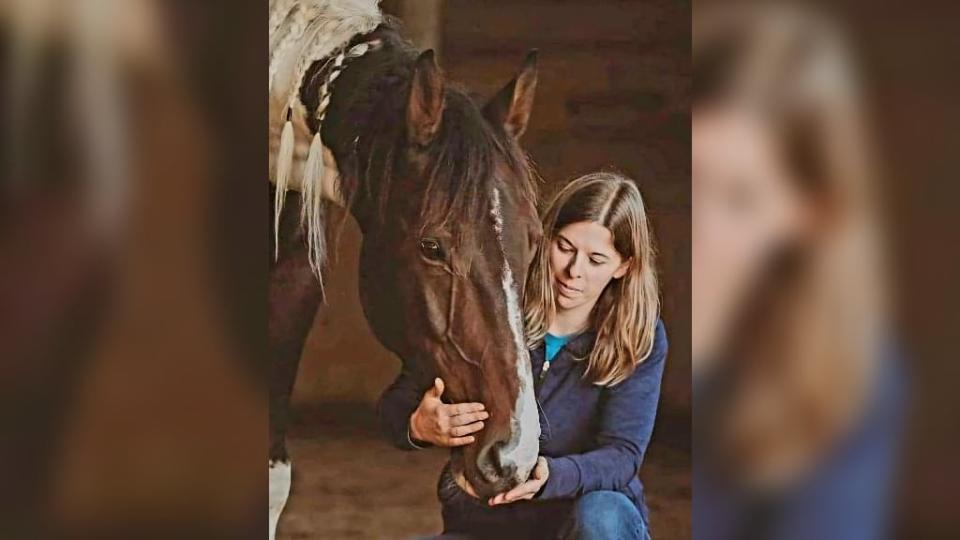
Dr. Sara Pridham said the demand for that surgery is high — she's already busy with animals referred to her clinic, Stoneybrook Veterinary Services, through the program.
Her clinic is one of four offering care through the program — alongside Moncton Veterinary Walk-in and Urgent Care, Greater Saint John Veterinary Walk-in and Urgent Care, and Woodstock Veterinary Clinic.
"We get calls pretty much daily from people asking if we offer low-cost spay and neuters," she told CBC News.
"We've been open about 10 years here, and we have seen a growing need for, basically population control ... there's so many cats and so few homes."
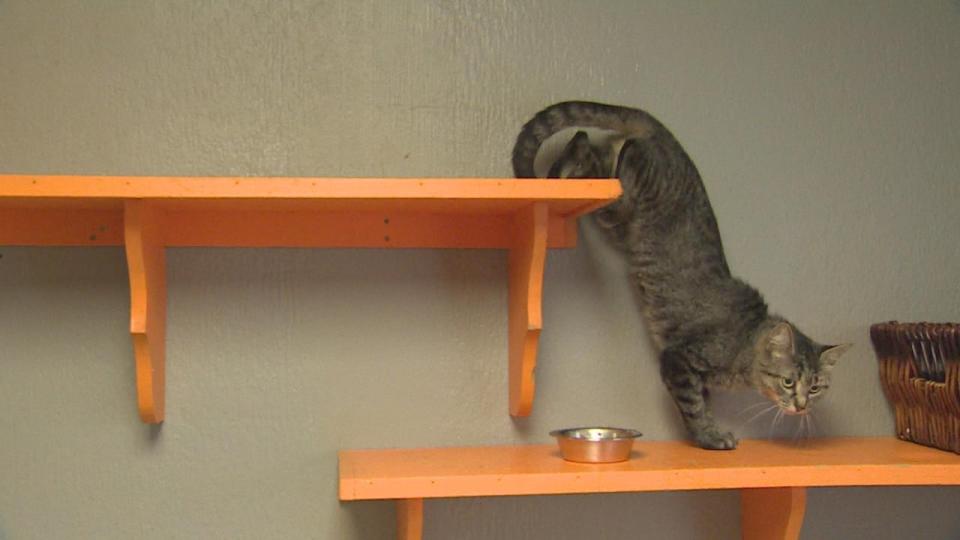
That's a reality playing out on the ground for shelters in several locations across the province.
"We have more cats in the shelter than we have in probably 10-plus years," said Olivia Cannatella, who is with the Oromocto and Area SPCA. "It's been very, very overwhelming ... we're pretty much to the point that unless we have [animals] going out, we aren't able to take any in right now."
It's a similar story at the Miramichi SPCA, according to executive director Jennifer Arseneault.
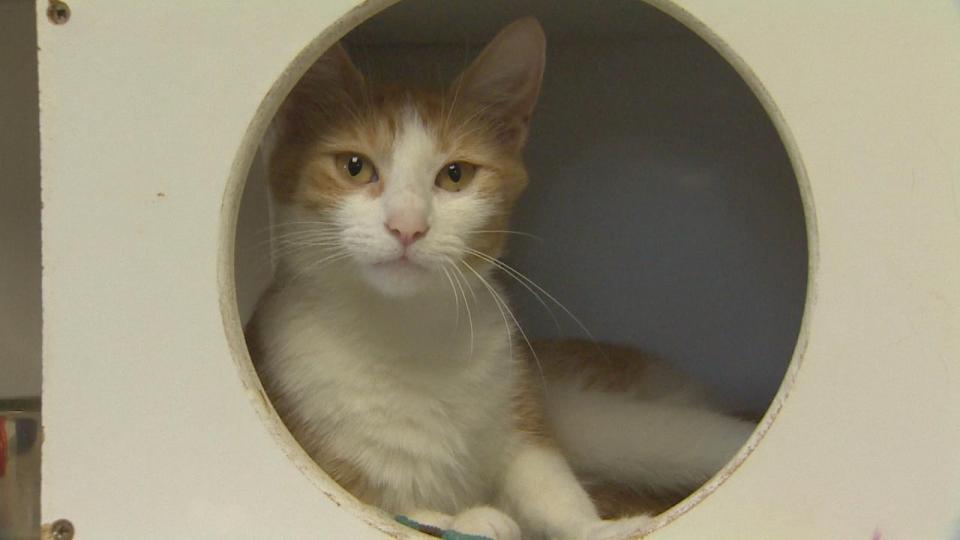
"Our kitten season kind of started earlier this year, they're just coming in droves," she said, adding the shelter is also struggling financially.
"In 17 years that I've been here, this is the closest we've come to shutting our doors … it's hard, you know, mentally it's exhausting just trying to scrounge by every month and knowing that you have to turn animals away."
Cannatella describes turning animals away from the shelter as "emotionally taxing" for staff.
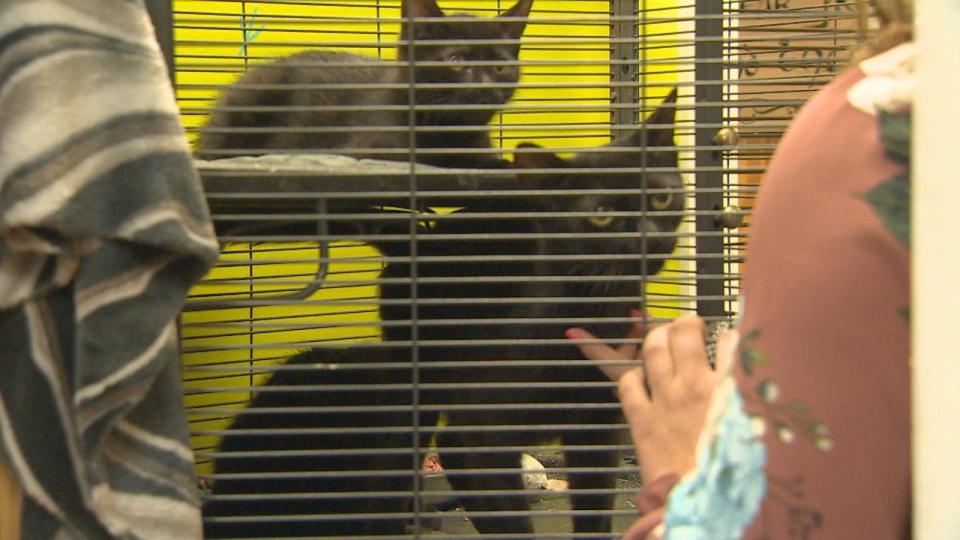
That situation has also led to veterinarians "leaving the profession in droves," Pridham said.
"We do have to turn people away pretty much every day. Like five or 10 people every single day. That again is just because the need is so great, and care has become so much more expensive over the years," she said.
"People getting mad that they can't afford care for their animals, unfortunately that is often directed at the veterinarian. And there's only so much we can do, and still be able to pay our own bills."
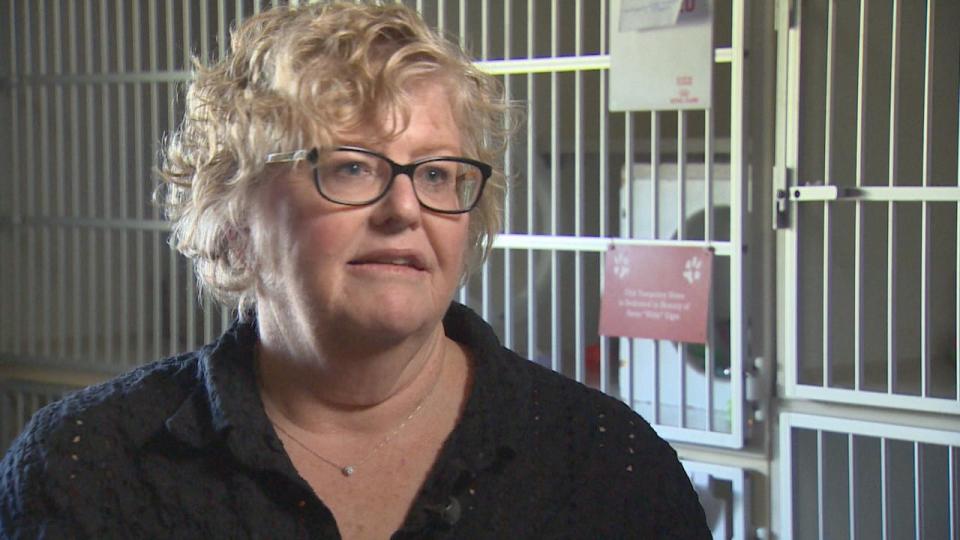
Rogers said the program's second phase, to come later this year, will provide coverage for emergency vet care.
Typically, Rogers said, if someone can't afford life-saving surgery for their pet, they can surrender it to the SPCA so the procedure is covered by the organization, but the animal is then re-homed.
"That doesn't seem right to us," she said. "We want to be able to help out."


